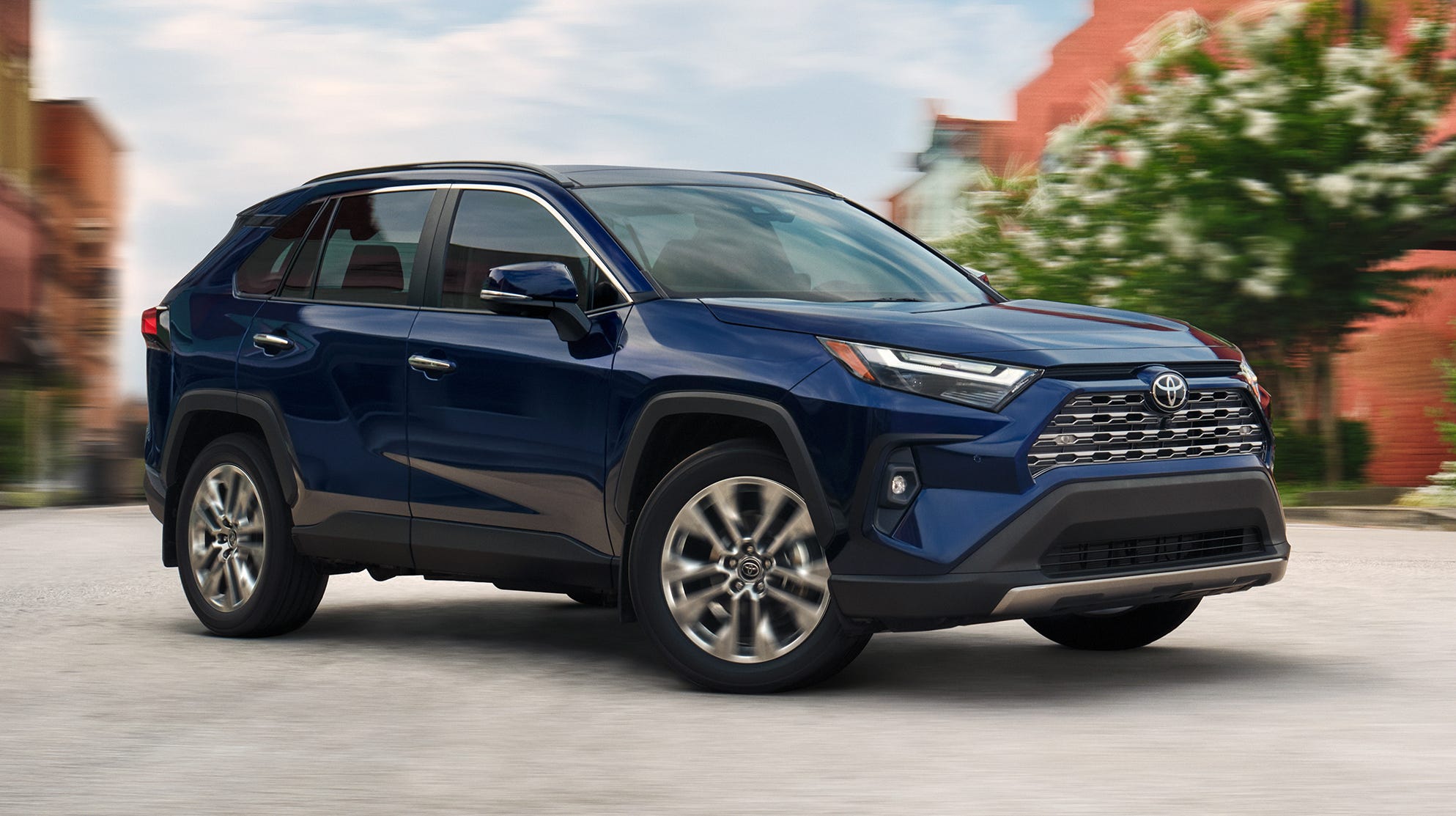Car Evolution: Why Today's Vehicles Are Outdating Faster Than Ever

by AutoExpert | 22 January, 2025
We're diving into a topic that's got a lot of us car lovers talking lately. Hаve you noticed how quickly cars seem to be getting outdаted these days? It's like one minute you're driving off the lot in whаt feels like a spaceship, and the next, it's already old news.
Remember the good old days when your car's manual came with actual repair instructions? You could pop the hood, tinker around, and feel pretty good about keeping your ride running. But jump back to today, and it's like you need a degree in computer science to handle what's under there—especially with high-tech vehicles like the Toyota RAV4 or the Tesla Model Y. These cars are less like old-school autos and more like rolling computers.

Speаking of Tesla, these guys are practicаlly the rockstаrs of the EV world. Started back in 2003 by Martin Eberhard and Marc Tarpenning and now under the big spotlight with Elon Musk, Tesla has been all about shaking things up. They've turned heads with their fancy updates from afar (yup, those over-the-air updates), autopilot features, and not to forget, their super cool Supercharger stations.

But here's the kicker: trying to fix modern cars can be a real headache. Ever tried changing the oil on one of these new machines? There's usually a tricky panel blocking your way, apparently just to turn a simple job into a puzzle. And if you're driving a hybrid or an EV, prepare yourself for a whole new level of complexity with those electronic systems.
Let's talk repair costs—they're going through the roof! Did you know that last year, it cost about 9 cents per mile just to keep a car running? And owning a new car could set you back over twelve grand a year on average. Hybrids? They cost about 20% more to fix than your typical gas cars.
And all those fancy in-car electronics aren't just for show—they're part of why repair bills are so high. That big touchscreen might look cool, but if it breaks, you're not just swapping out a fuse or something simple; you might need a whole new unit. Like this one poor Chevy Bolt owner found out, replacing just an infotainment screen can cost around $3,000. Remember when replacing a car radio was just a quick, cheap fix? Those days are long gone.

Now, think about competition—or the lack of it these days. It used to be that car compаnies were constаntly trying to one-up each other, which wаs great for us because it led to better cars and better prices. But now, a lot of these companies have gotten so big that they don't really have to try as hard, which means we're the ones who lose out. They're churning out cars that seem designed more for their profit than for our benefit, banking on us needing costly repairs or replacements way sooner than we should.
This whole scenario of planned obsolescence—making cars that are meant to become outdated quickly so we have to buy new ones or pay up for repairs—is straight out of the Big Tech playbook. It might be smart business for them, but it's tough on us, the consumers.

But here's a bit of hopeful news: there are folks fighting the good fight to keep car repairs reasonable. Organizations like the Automotive Service Association and the Consumer Access to Repair Coalition are out there advocating for our right to repair our own vehicles. Some states are even passing laws to make sure independent repair shops have the tools they need to fix modern cars at fair prices.
So, while it might seem like the days of easy and affordable car maintenance are behind us, there's still a chance we can turn things around. It's a big challenge, but hey, that's what makes a good underdog story, right? Stay tuned!
















